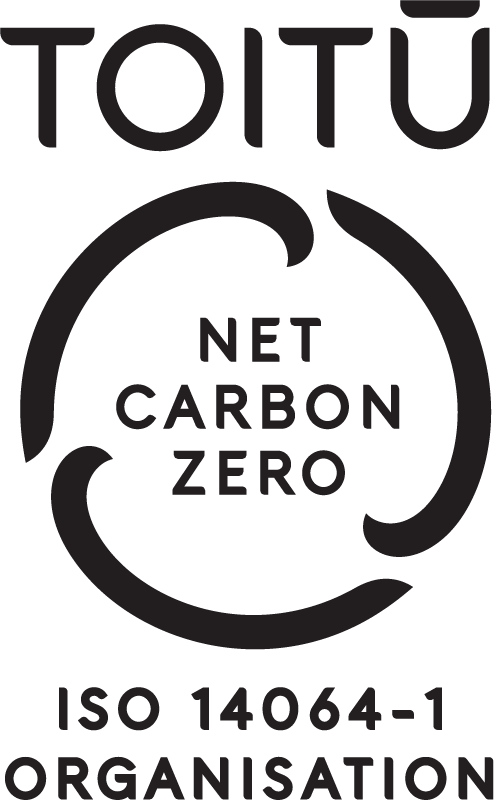
The bathroom reno that could have paid for a house
20 September 2022You can’t taste, smell, hear, touch or see inflation but it is deadly if you don’t know how to beat it over the years before and during retirement.
I have been thinking about this topic for some time, trying to work out what would be the best way to illustrate the impact of inflation over a long period of time. Then it came to me when I was having a shower last week. Not because I was having a shower (yet it is a great place to think stuff through) no, it was because we recently renovated our bathroom. While pondering over inflation, it hit me like a lightning bolt that what we had paid to renovate our bathroom was the same amount it cost Mum and Dad to build their new home in Ashburton back in 1970.
To help your cause I have taken the liberty of adding a photo of our modest but wonderful bathroom that we have just upgraded and a photo of my childhood home, which we sold at the end of last year when my Mum passed away.
As you can see, we are not talking about a palatial ‘his and hers’, no expense spared, bathroom that any Hollywood star would feel comfortable in. Just a simple, yet much improved, version of what we had before. Now before you say yeah but I bet you had to do a lot of repair work, rotten floor, new pipes etc, yes, we did get the wall relined with some new gib, but the bones were very good.
To be totally transparent, my father was a joiner and carpenter by trade and did most of the joinery in the new home. He was from the old school of doing things right the first time, so that would have saved my parents some money for sure.
To give just a little more context, the floor area of our home in Ashburton was 152m2 on a 658m2 section, with a double garage that is almost as big as our current house. Our bathroom, at a guess, is about three by two metres in size. So, notwithstanding the bathroom is in Auckland and my family home was built 52 years ago in Ashburton, the impact inflation has had can’t be ignored. Even the Danyang-Kunshan Grand in China (the longest bridge in the world) at 164kms would not bridge that gap I suspect.
So, with that example, and I am sure there are plenty of others you might think about, it is a stark reminder of how the impact of inflation can, over time, eat away the value and buying power of your hard earned dollar.
Inflation has hardly made the headlines over the past 20 years because it has not fluctuated too much, and has sat within the New Zealand Reserve Bank’s inflation target rate range of 1-3%, still even that can have a massive impact on the cost of living over time. Add supply and demand for goods and services, which, in part, can be contributed to the ripple effect of Covid-19, the conflict in the Ukraine impacting fuel prices and food supply, rising interest rates on mortgages and other debt, and the Reserve Bank has increased the official cash rate to 3% with more to come. It’s pretty hard to see the light at the end of the tunnel.
As at the end of the second quarter this year our inflation rate hit 7.3% which is a 33-year high! And it’s fair to say many economists generally think things are going to get worse before they get better.
No wonder many New Zealanders are feeling the pain in their wallet, especially given wages have only gone up 3.4% over the same period. So, if you were one of the lucky ones to get a pay rise last year you were still just under 4% worse off because of the buying power you have lost.
The other interesting thing is governments don’t mind inflation at a time when they have borrowed significantly more over the Covid-19 years. This is because:
- Nominal tax revenues are higher, via GST and income tax, and salary and wages increase
- Higher inflation reduces the real value of debt over time and is easier to pay back
It’s a bit of a fine line though because increased cost will reduce consumer spending, that in time can flow through businesses, reducing staff costs due to lack of demand and which may bring inflation down too quickly. If that happens, the Reserve Bank will look to drop the Official Cash Rate to keep it in their target range. The tech term of this is a hard landing for the economy and there is no fun in that. And so the market cycle continues.
No one really knows what is going to happen in the future, but there are some important things to take into consideration that might help your cause while navigating these challenging times.
- Your short-term savings via bank term deposits have gone up, so this means the money you have set aside for short-term goals is gaining a better return, however it is still not keeping up with inflation. That’s ok, but remember these accounts are best for short-term activities like holidays or your emergency fund.
- The demand for some goods and services are starting to show signs of weakness. Holding off that renovation or purchase in the short term might give you more bargaining power later on, however the rising cost of goods might counter this until supply lines get back to some normality.
- Rising interest rates and the current global uncertainty has had a massive impact on equity and bond markets both nationally and globally. As an investor in KiwiSaver you would have seen your balance go down over the past eight months. But, unless you are retiring today, this means your contributions over this period have been bought in a cheaper market, which means you should get a better long-term return if you stay the distance.
- If you have some extra savings now and are not quite sure what to do with them, it could be a good time to invest, depending on your personal circumstances. Spend a little time and money with a qualified financial adviser to see if they can make your money work harder for you.
My point around inflation is that you don’t really see its impacts until you look back over time. I am sure we can all quote how much something was back in the day and how much more it is now, a 1KG block of cheese comes to mind - I mean $25 for tasty is outrageous!! The key is not to let inflation eat away your buying power and steal away those golden years you have in retirement.
Disclaimer: David Boyle is Head of Sales and Marketing at Mint Asset Management Limited. The above article is intended to provide information and does not purport to give investment advice.
Mint Asset Management is the issuer of the Mint Asset Management Funds. Download a copy of the product disclosure statement.


